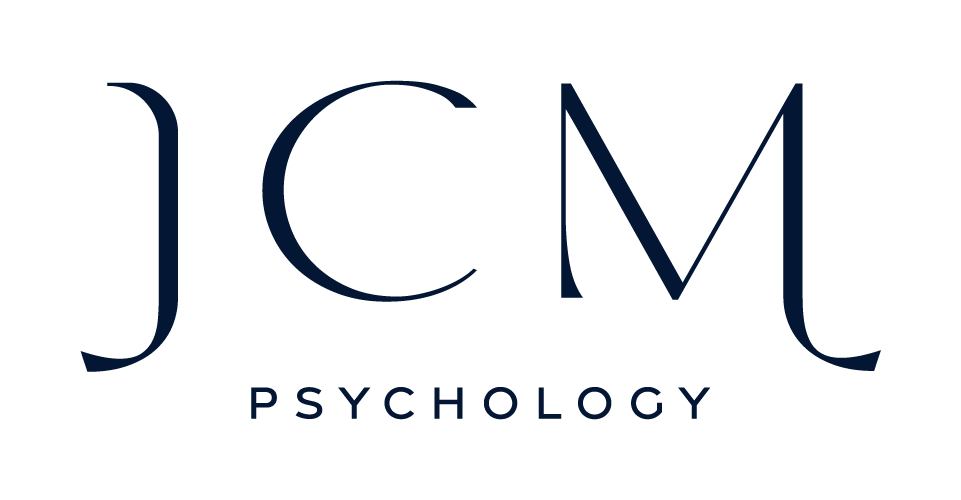OBSESSIVE COMPULSIVE DISORDER (OCD) TREATMENT NOOSA
Living with OCD can be distressing, isolating & debilitating. Evidence-based treatment is available.
WHAT IS OBSESSIVE COMPULSIVE DISORDER?
Obsessive Compulsive Disorder (OCD) is a mental health condition that is characterised by recurring and unwanted thoughts, impulses or images. Individuals living with OCD often feel driven to engage in repetitive behaviours (such as checking, counting or tapping) as a way to minimise intrusive and anxiety-provoking thoughts. These repetitions (or compulsions) function to reduce anxiety, however, often lead to significant interferences in daily activities and relationships, and increasing levels of anxiety over time.
Common symptoms of OCD include:
Recurrent and persistent thoughts, urges or images that are experienced as intrusive, unwanted and cause marked anxiety
Repetitive behaviours (e.g., hand washing, ordering, checking) or mental acts (e.g., counting, repeating words) that are performed in response to an obsession or intrusive thought
Obsession and compulsions cause significant distress and interfere with an individuals work, social, or relational functioning
COMMON OBSESSIONS IN OCD
Contamination Obsessions
Fear of coming into contact with perceived contaminated substances/things, such as:
Body fluids
Germs/disease (e.g. herpes, HIV, COVID-19)
Dirt
Responsibility Obsessions
Fear of being responsible for something terrible happening (e.g. fire, burglary, car accident)
Fear of harming others because of not being careful enough (e.g. dropping something on the ground that might cause someone to slip and themselves)
Harm Obsessions
Fear of acting on an impulse to harm oneself
Fear of acting on an impulse to harm others
Fear of violent or horrific images in one's mind
Perfectionism-related Obsessions
Excessive concern about evenness or exactness
Excessive concern with a need to know or remember
Fear of losing or forgetting important information when throwing something out
Excessive concern with performing tasks "perfectly" or "correctly
OUR OCD PSYCHOLOGISTS NOOSA
Melissa Yerbury | Psychologist
Jessie McDonald | Clinical Psychologist
WHAT IS THE BEST TREATMENT FOR OCD?
Evidence-based treatment for OCD is available & the sooner you get help, the more likely you are to recover. Cognitive behaviour therapy (CBT) and/or medication (often used in conjunction) are considered gold standard in the psychological treatment of OCD. More specifically, Exposure and Response Prevention (EX/RP) (a form of CBT) has the strongest empirical evidence for the treatment of OCD in both adults and children.
Given the range of factors that may underlie your condition, treatment must be tailored to your individual needs. Psychology treatment will incorporate a clinical assessment, relaxation training, psychoeducation, identification & challenging of unhelpful cognitions, & exposure activities.
Treatment for OCD can be challenging; requiring both courage and determination. Having an experienced psychologist and support network during treatment can make all the difference in your recovery. As psychologists trained in CBT, we provide evidence based treatment for OCD, along with the co-occurring psychological conditions that often accompany this disorder. Once you possess the strategies to treat and manage your condition, you will carry these skills with you for life.
If you are struggling with OCD, please reach out to us.



